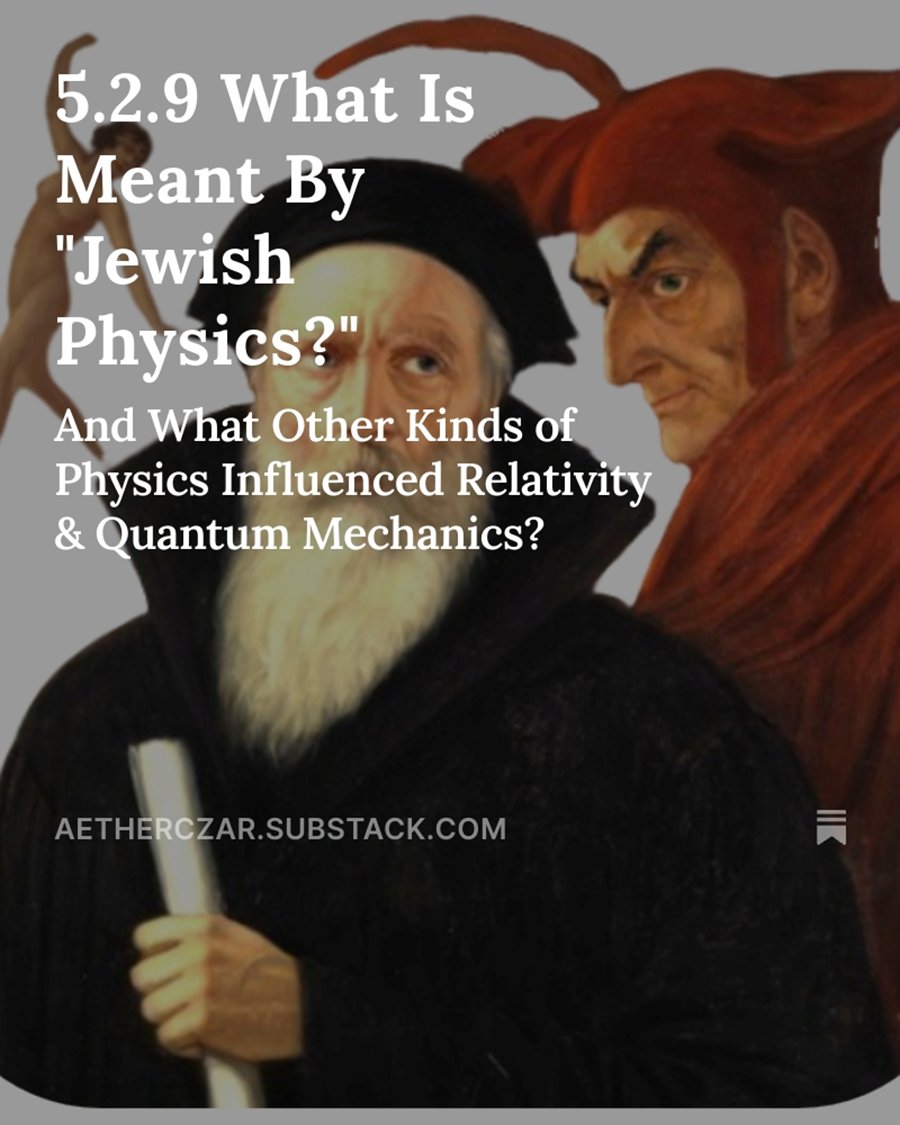1/ 🧵What is meant by Jewish physics? Is it physics created by Jews? Or physics that reflects Jewish thinking? Or is there no Jewish physics, only physics? The answers are part of the foundational narrative of modern physics, and they deserve attention. 

2/ “Einstein was Jewish. He created relativity. Therefore, relativity is Jewish.” However Einstein (despite not citing his influencers) built upon the work of a German (Mach), a Frenchman (Poincaré), a Dutchman (Lorentz), and others. 

3/ It’s a similar story in quantum mechanics. Niels Bohr’s mother was Jewish. But, Heisenberg was acclaimed “the father of the new theory.” A member of the Freikorps who helped overthrow the Bavarian Soviet Republic, he was thoroughly German. 

4/ Einstein’s friend, Max Born, and Pascual Jordan completed Heisenberg’s formulation: “the quintessential sort of ‘Jewish’ science — purely formalistic, completely removed from observation, entirely concerned with the ways in which one should manipulate the symbols.” 
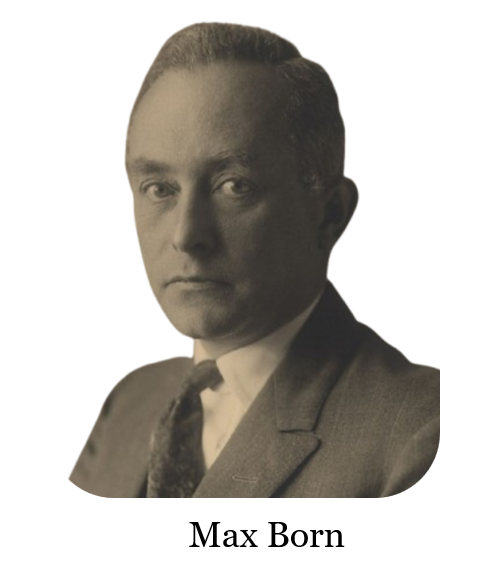
5/ Einstein proposed that Heisenberg, Born, and Jordan should share the 1928 Nobel Prize for their pioneering contributions to quantum mechanics. Born was Jewish, but Jordan wrote anonymous essays in nationalist journals and became a literal stormtrooper. 
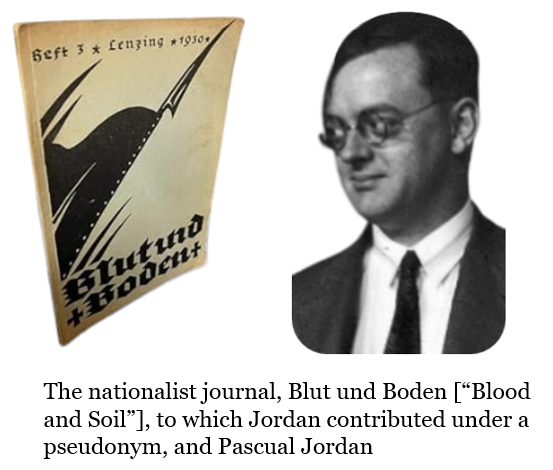
6/ You can’t argue quantum mechanics is Jewish because it was created by Jews. It wasn’t. So, Heisenberg’s critics declared he was a “White Jew” and tried to get him fired. Fortunately, his mother knew Mrs. Himmler, and got her to have her son, Heinrich, put an end to it. 
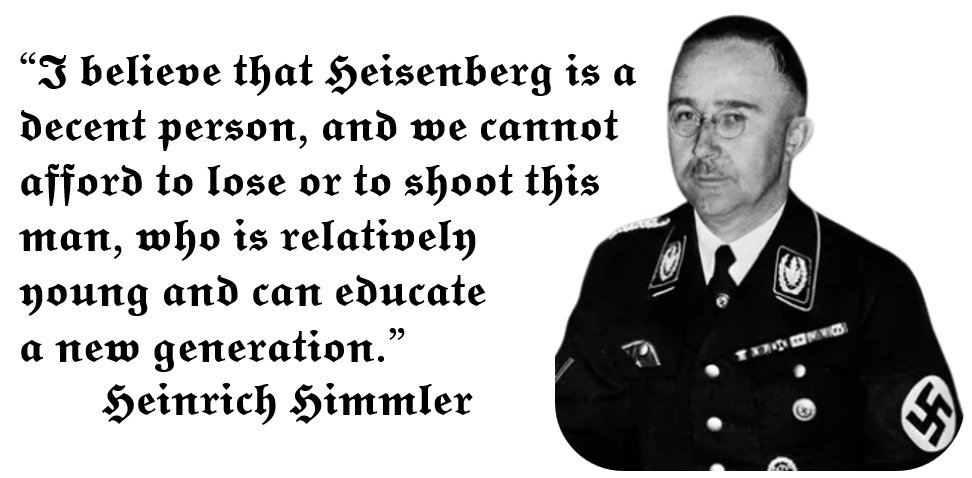
7/ So-called “Jewish physics” wasn’t created only by Jews. Was Einstein right about Jewish heritage in intellectual works? Some of his contemporaries agreed. 
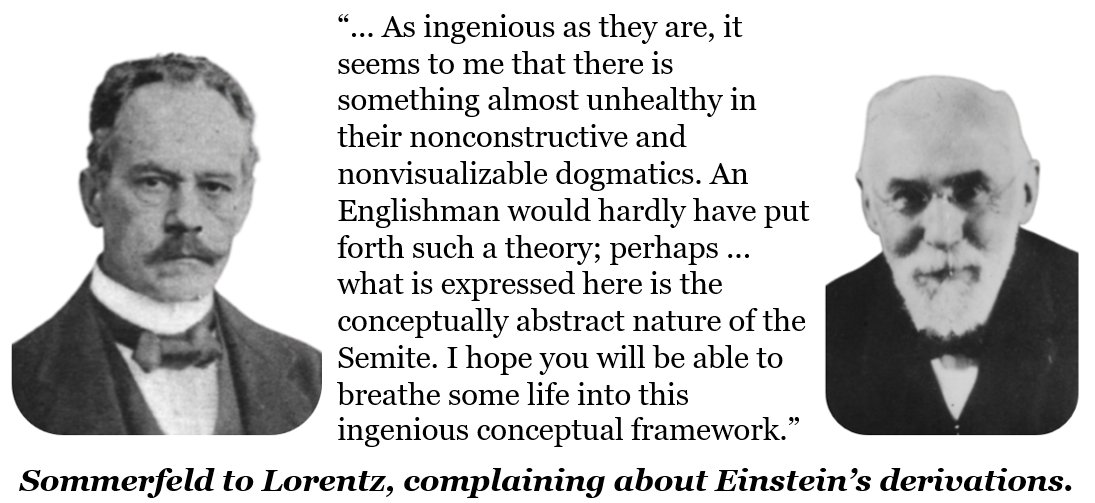
8/ Einstein himself described one of his Jewish colleagues in Zürich as a “Rohbinerkopf,” a rabbinical thinker. And Einstein and his friend Max Born, had no problem with the term. 
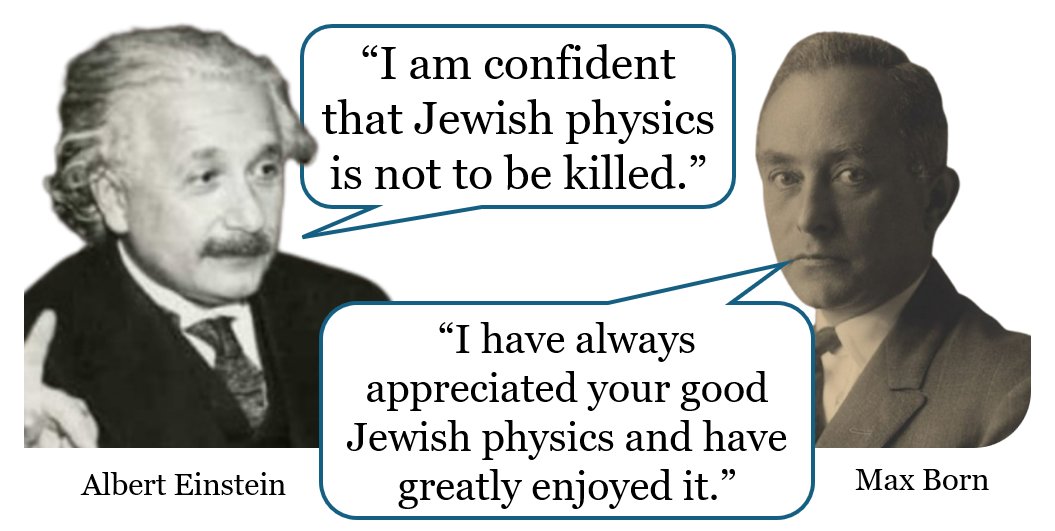
9/ Einstein had a… “loose” sense of the connection between theory and experiment. Asked what his reaction would be if an eclipse disproved general relativity, Einstein replied, “Then I would feel sorry for the good Lord. The theory is correct anyway.” 

10/ On the other hand, during a debate with Walther Nernst, Einstein offered a countervailing opinion. 
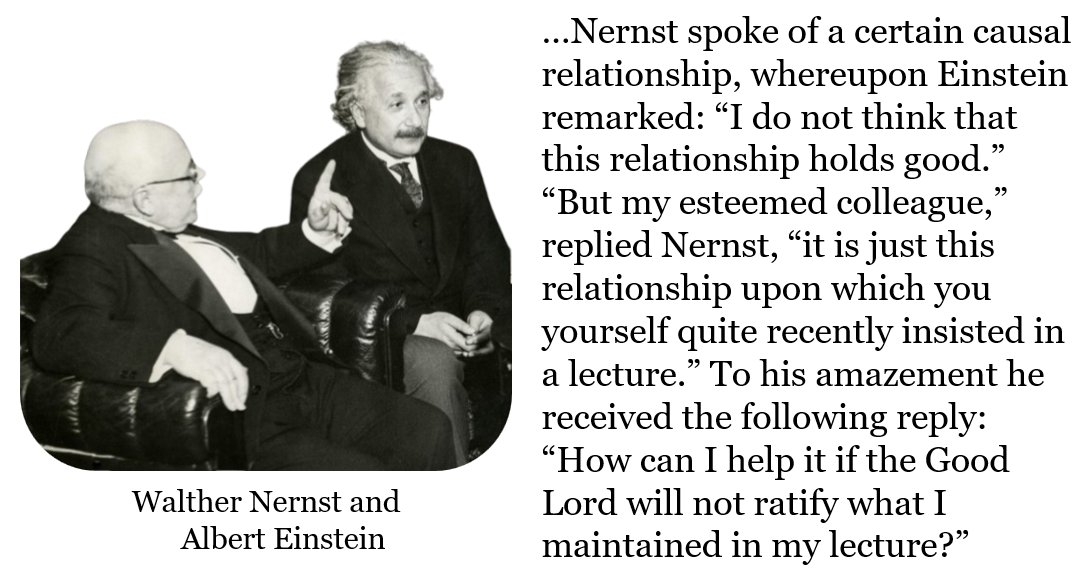
11/ There was also a sense in which Einstein treated his physics as word games and threw consistency out the window whenever it suited his immediate purposes. This is nowhere more evident than in Einstein’s treatment of what physicists would now call “observables.” 
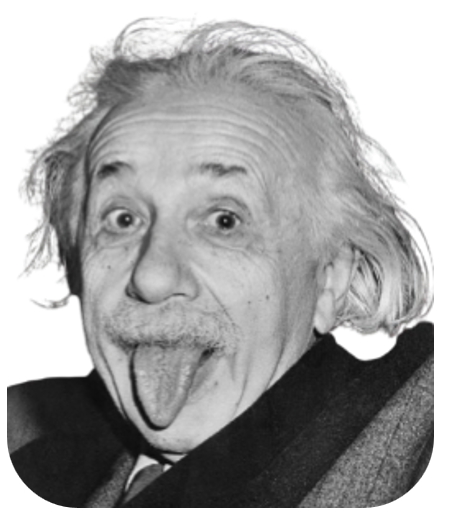
12/ Einstein’s special relativity presented what might be called an “instrumentalist” or “operationalist” perspective. The speed of light appears constant to all observers. The laws of physics are the same in all inertial frames. philosophersview.com/special-relati…

13/ Einstein took what an observer would see and measure as primary in his theory. He did away with speculation about underlying processes that might give rise to these observed phenomena. No æther required. Anyone who objected, he dismissed as ignorant or antisemitic. 

14/ The shoe was on the other foot, however, when Einstein’s successors applied a radical version of his own perspective to quantum mechanics. 

15/ To understand Einstein, you must understand the tension between Mach and Spinoza. The younger Einstein loved Mach’s positivistic emphasis on “observables.” Ironically, Mach did not return the favor. 
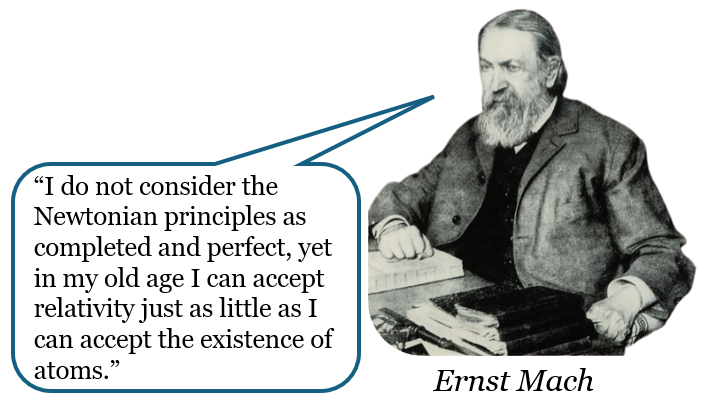
16/ As Heisenberg and others followed Einstein’s example and embraced Mach’s positivism, Einstein reconsidered, embraced Spinoza, and returned to a faith in causality and realism: “God doesn’t play dice,” and the critique embodied in the EPR paper. 
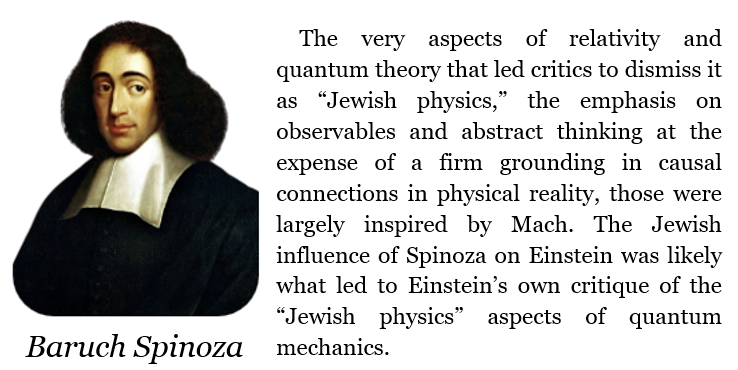
18/ So, we’re back to where we started… is there “Jewish physics?” Even some who argue “…there is no ‘Jewish physics,’ there is only ‘physics,’” acknowledge that “one’s cultural milieu may well contribute to one’s approach…”
20/ The other approach to quantum mechanics was the German Idealist or Natural Philosophy (Naturphilosophie) tradition, pioneered by Johann Wolfgang von Goethe, scientist and poet. 

21/ Goethe expressed his opinions on science in his play, Faust: A Tragedy. Dr. Heinrich Faust, makes a deal with Mephistopheles (Satan), which takes Faust on a wild journey of indulgence and passion ending in heartbreak and disaster. 
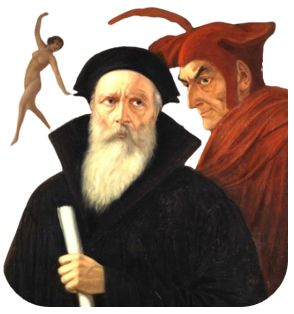
22/ Logic, in Goethe’s view, tightly braces the mind like the infamous torturous boots the Inquisition used to extract confessions. Heisenberg quoted this very passage at greater length, decrying the “narrowness of simple logical patterns.” 
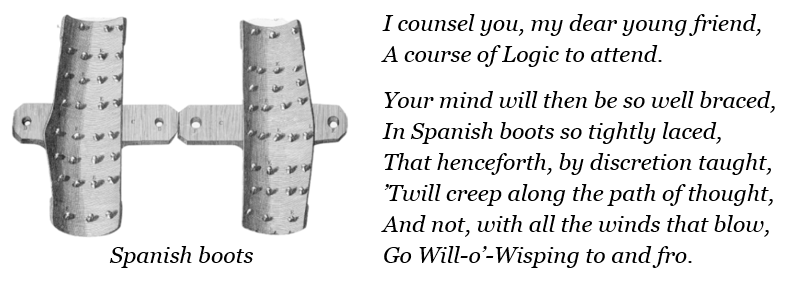
23/ So, there you have it. Relativity and quantum mechanics aren’t principally “Jewish physics” at all. Instead, Einstein channeled Mach, father of Positivism, and his German successors were inspired by Naturphilosophie as channeled through Goethe’s Mephistopheles. 

24/ There’s much more to the story, of course. How advocates of “Deutsche Physik” embraced strange bedfellows to secure academic advantages over their Jewish colleagues. 

25/ How Einstein invented and patented technology that enabled Nazi U-boats to navigate underwater and execute their attacks on allied shipping. 
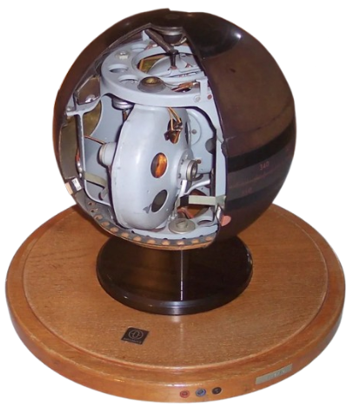
26/ How Einstein’s Jewish friend, Fritz Haber, the Kaiser’s “Chemical Oppenheimer” and pioneer of chemical warfare, resigned in protest when Hitler took power.
27/ But for the details, I refer you to my article on Jewish Physics at my Fields and Energy Substack, where I’m serializing Fields & Energy: How Electromagnetism and Quantum Mechanics Work, and Where Physics Went Wrong. aetherczar.substack.com/p/529-what-is-…
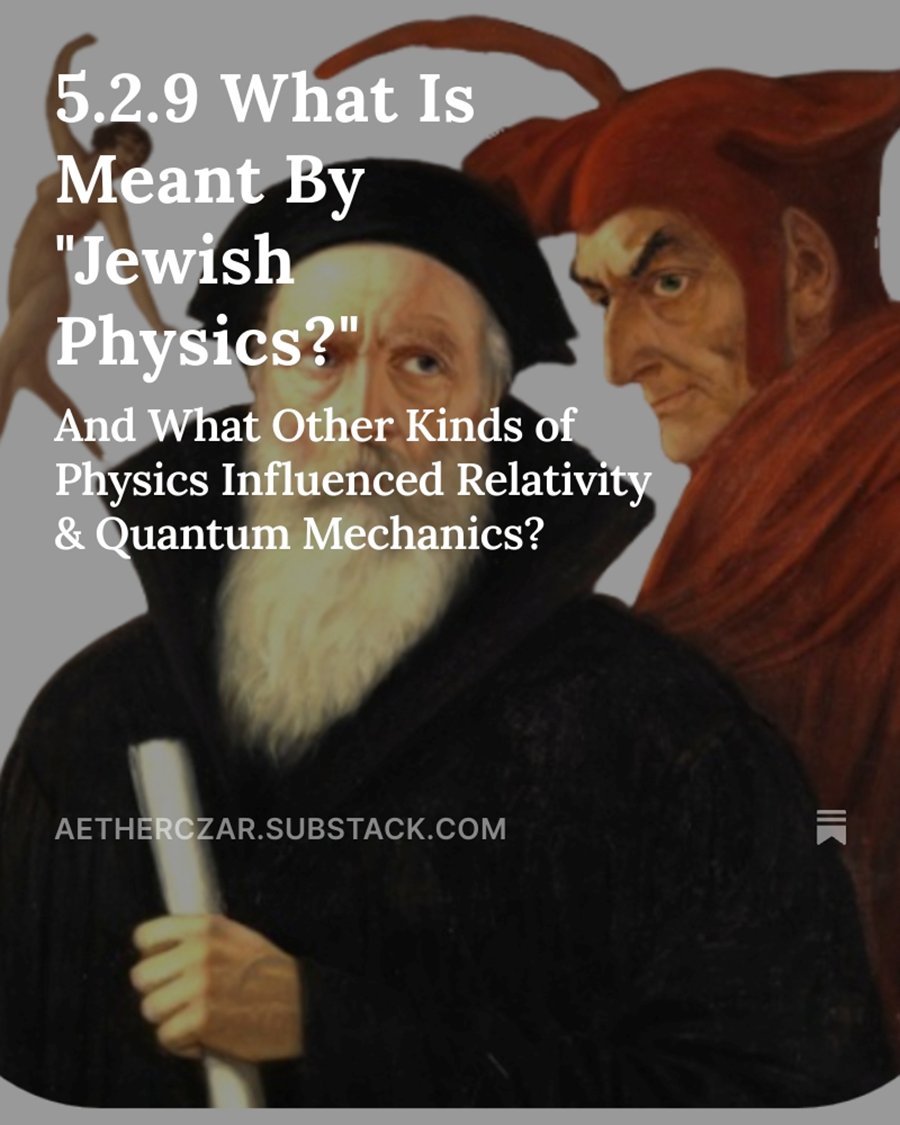
@threadreaderapp Unroll, please!
• • •
Missing some Tweet in this thread? You can try to
force a refresh


